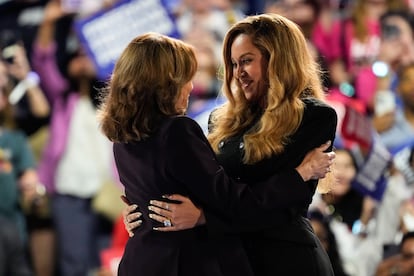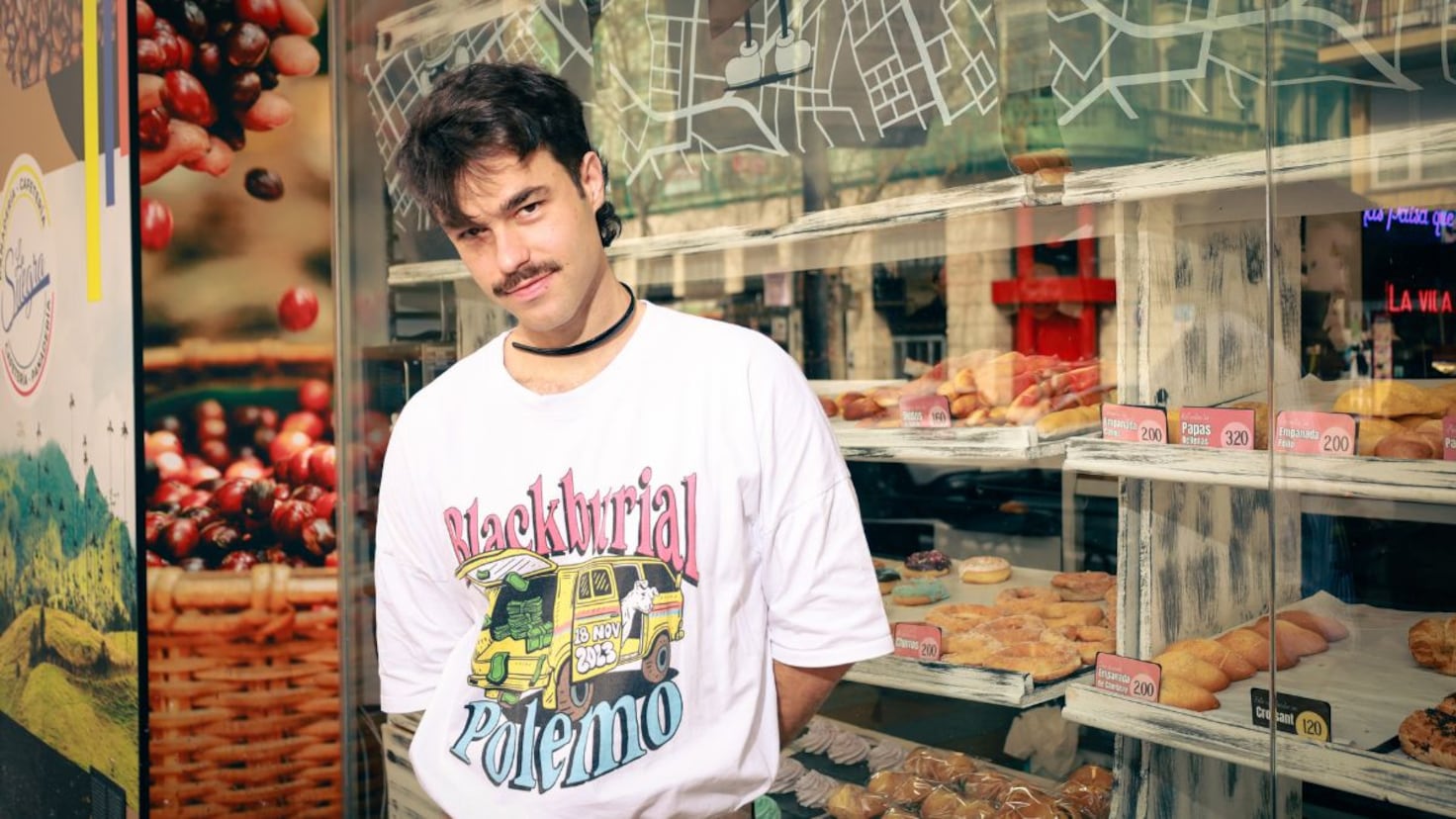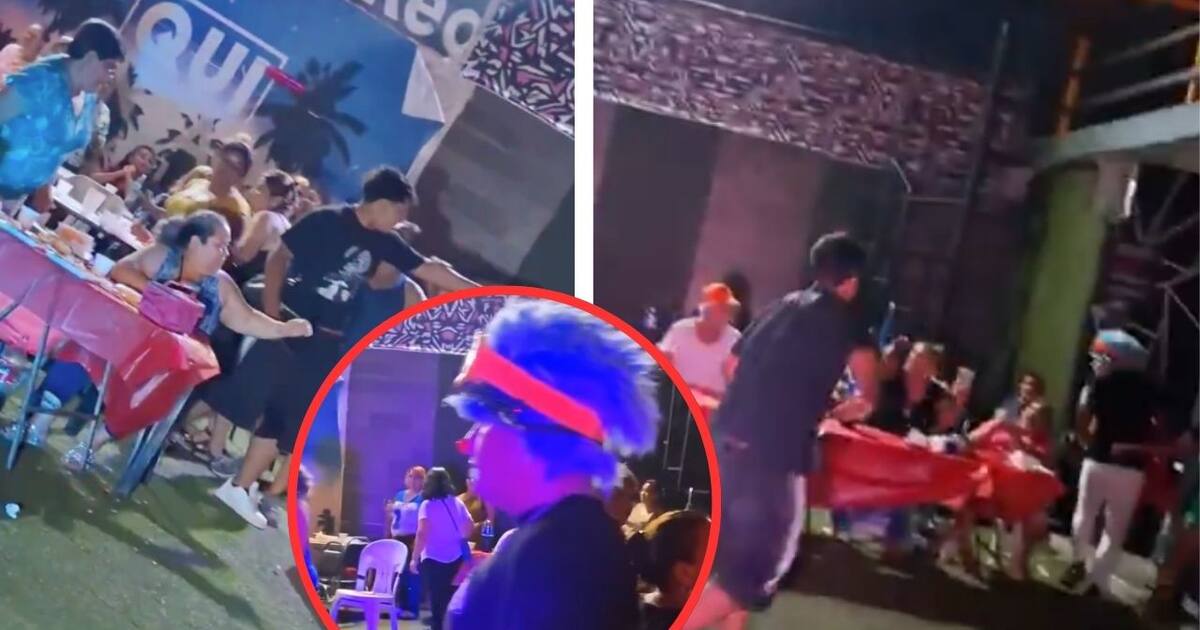Trump Demands Probe into Artists Supporting Kamala Harris: Did Beyoncé, Springsteen, and Others Receive Hidden Payments?

Former U.S. President Donald Trump is demanding a thorough investigation into artists who publicly supported Democratic Vice President Kamala Harris during the 2020 election. Taking to his social media platform, Truth Social, Trump alleges that appearances and endorsements by prominent figures like Beyoncé and Bruce Springsteen were potentially funded through hidden contributions.
Trump's claims center around the idea that these celebrities received financial incentives to support Harris's campaign, raising concerns about potential campaign finance violations. He asserts that the appearances were not solely driven by genuine political support but rather by undisclosed monetary agreements.
The Controversy: Hidden Payments and Campaign Finance Concerns
The core of Trump's accusation is that the artists’ involvement in Harris's campaign—including performances, rallies, and endorsements—were financed through contributions that haven't been publicly disclosed. He suggests this could constitute a violation of campaign finance laws, which regulate how campaigns and political figures can receive and spend money.
Trump highlighted the significant influence these celebrities wield, arguing that their endorsements carry substantial weight and could sway voters. He implies that if these endorsements were purchased, it undermines the fairness and transparency of the democratic process.
Beyoncé and Bruce Springsteen: Key Figures in the Allegations
While Trump's post didn't specify the exact nature of the alleged payments, he singled out Beyoncé and Bruce Springsteen as examples of artists whose support for Harris warrants scrutiny. Both musicians have a history of political activism and have publicly expressed their views on various social and political issues.
Beyoncé, for example, has been a vocal advocate for social justice and has used her platform to raise awareness about issues such as racial inequality and police brutality. Springsteen, a long-time supporter of the Democratic Party, has often spoken out on issues related to working-class families and economic fairness.
Legal and Ethical Implications
Trump's call for an investigation raises complex legal and ethical questions. Campaign finance laws are designed to ensure that political campaigns are transparent and that donors are properly identified. If it were proven that artists received undisclosed payments for their support of Harris, it could lead to legal repercussions for both the artists and the campaign.
However, proving such allegations would be challenging. It would require demonstrating a direct link between the artists' appearances and specific financial contributions that were not properly disclosed. Legal experts suggest that the burden of proof would be on those making the accusations.
Reactions and Counterarguments
The response to Trump's claims has been mixed. Supporters have echoed his concerns about campaign finance transparency, while critics have dismissed the allegations as baseless and politically motivated. Many have pointed out that celebrities often endorse political candidates they believe in, and that their involvement is a form of free speech.
Furthermore, some have argued that Trump's accusations are a thinly veiled attempt to attack Harris and distract from his own legal challenges. The timing of the accusations, coming as Harris prepares for a potential presidential run, has also raised eyebrows.
The Future of the Investigation
It remains to be seen whether Trump's call for an investigation will lead to any formal action. Federal election officials would need to determine whether there is sufficient evidence to warrant an inquiry. Even if an investigation were launched, it could be a lengthy and complex process.
Regardless of the outcome, Trump's allegations have sparked a debate about the role of celebrities in politics and the importance of campaign finance transparency.





